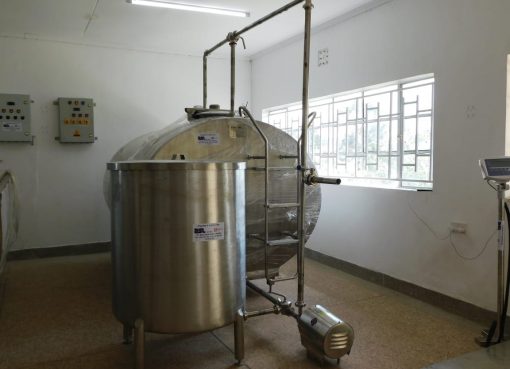As Kenya joined the world in celebrating the World Toilet Day Thursday, it emerged that Migori County is doing poorly in the use of toilets.
The trend of negligible toilet use is a concern to health experts that the region could face a major disease outbreak this rainy season following the low up take by local people.
According to the County Executive Committee member in charge of health, Iscah Oluoch, the area has only 30 per cent latrine/toilet coverage.
This situation, she says, is exposing the local population to the risks of contracting diseases that emanate from poor hygiene standards.
Areas facing serious lack of latrines are Nyatike, Kuria West, Kuria East, Awendo, Suna West sub counties and parts of remote areas of Uriri constituency.
Health experts report shows that most homes lack working pit latrines/toilets and owners use bushes and sugarcane plantations to answer their long calls, said Oluoch even as it emerged that some residents deliberately refuse to use the facilities due to some strange traditional beliefs.
“We are disturbed that majority of rural homes in this county lack working pit-latrines or toilets forcing household to take the root of unsafe disposal of faeces, a move that has seriously compromised sanitation levels in this county,” stressed Oluoch.
She was particularly disturbed with the anti-toilets-use individuals whom she said harbour unreasonable belief that mixing faeces would make them sick and ruin the smooth growth of their families. According to beliefs by a clique of traditionalists and teachings by certain churches in the region, it is a taboo to mix human waste, a practice they believe would automatically attract punishment of various magnitudes.
However, the belief has been dismissed by health experts as unscientific and retrogressive, arguing that it compromises sanitation efforts in the area.
Consequently, the CEC health has vowed to invoke the Kenyan public health laws on sanitation to compel all the people in the area to construct latrines or face prosecution.
Massive campaigns by the county government to sensitize the masses on the need to own a working pit-latrine or toilet is ongoing and the efforts aims at increasing latrine coverage in the region to 100 per percent, she reported early this week.
The trend of unsafe disposal of human faeces is also worse within towns and markets and has been identified to be a major cause of spread of acute diarrhea, dysentery and other waterborne diseases.
By George Agimba




